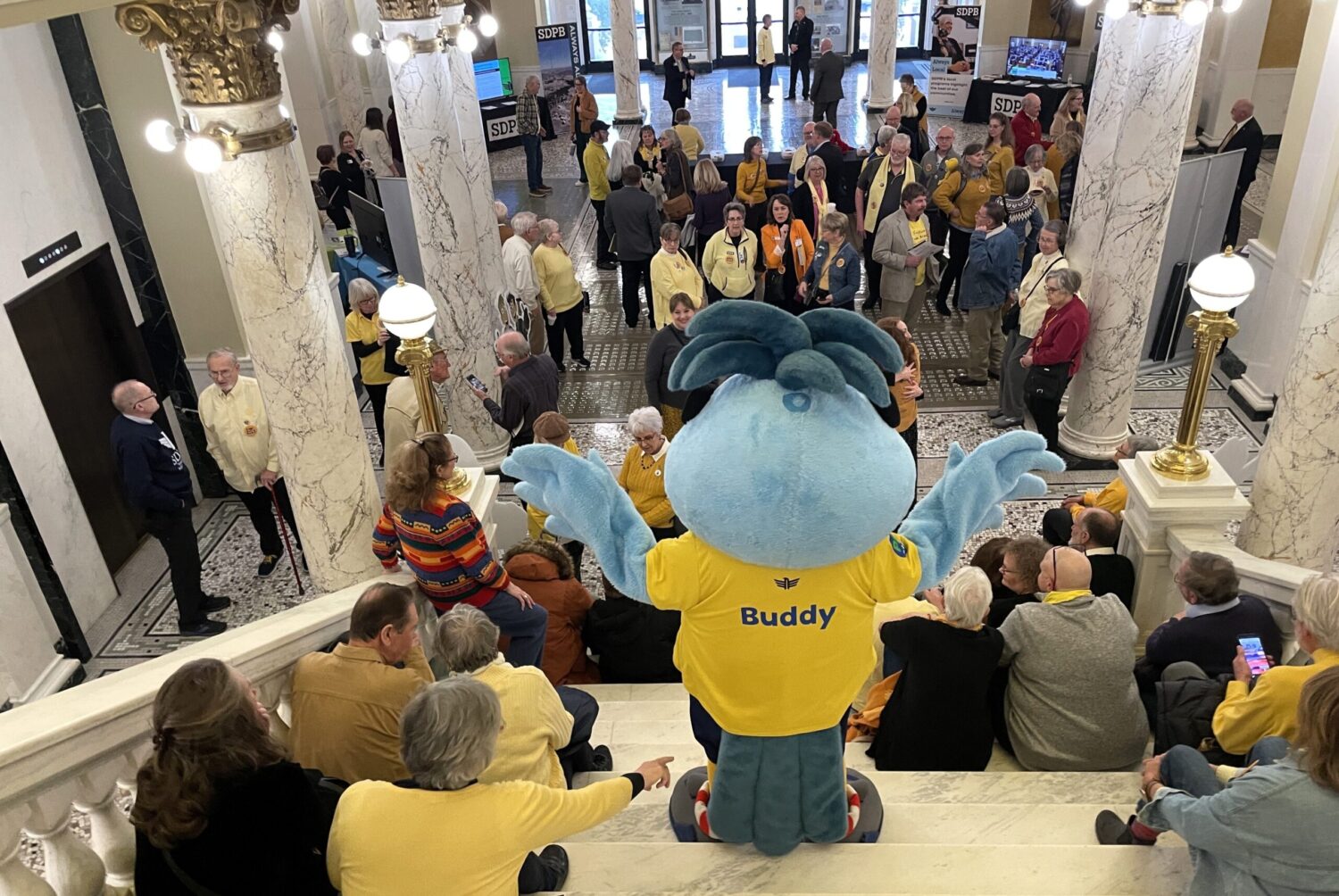
Todd Epp, Northern Plains News LLC
South Dakota Public Broadcasting faces a new funding threat after President Donald Trump signed an executive order recently ending federal support for NPR, PBS and their affiliate stations, including SDPB.
The order directs the Corporation for Public Broadcasting to halt all direct and indirect funding to those networks by June 30.
The Trump administration said the action was necessary to ensure that taxpayer dollars no longer support what it calls “blatantly biased and partisan programming.” According to the executive order posted on the White House website, the administration cited segments on “diet culture,” “queer ducks,” and reparations, along with NPR’s alleged refusal to report on Hunter Biden’s laptop, as examples of editorial bias. The order stated the move is part of “restoring trust in government-funded institutions.”
In South Dakota, Friends of SDPB issued an email appeal warning the cuts could affect local journalism, infrastructure and access to national programming. “This would have a significant impact on our airwaves,” the email said. “Locally in South Dakota we use these dollars to pay to produce local programming, our national programming bill, and some infrastructure.”
Patricia Harrison, president and CEO of the CPB, responded in a statement distributed by the Friends of SDPB: “CPB is not a federal executive agency subject to the President’s authority. Congress directly authorized and funded CPB to be a private nonprofit corporation wholly independent of the federal government.” Harrison cited 47 U.S.C. § 398(c), which prohibits federal officials from exercising control over public broadcasting.
PBS President and CEO Paula Kerger also responded in a national press release, calling the executive order “blatantly unlawful.” She said PBS would “vigorously defend its independence and mission to serve all Americans, especially those in rural and underserved areas.”
The Corporation for Public Broadcasting receives approximately $525 million annually through congressional appropriations. That funding supports local stations across the country, especially in states like South Dakota, where commercial media is limited. SDPB leaders warn that losing CPB support could reduce production of shows like “South Dakota Focus,” delay infrastructure upgrades and limit emergency broadcasts in rural areas.
Legal scholars and CPB officials say the order will likely face court challenges. According to The New Yorker, CPB has already sued the administration over attempts to remove three of its five board members — a move that would deprive the board of a quorum and halt operations.
Friends of SDPB is urging listeners to contact South Dakota’s congressional delegation — U.S. Sens. John Thune and Mike Rounds, and Rep. Dusty Johnson — to preserve CPB funding.
